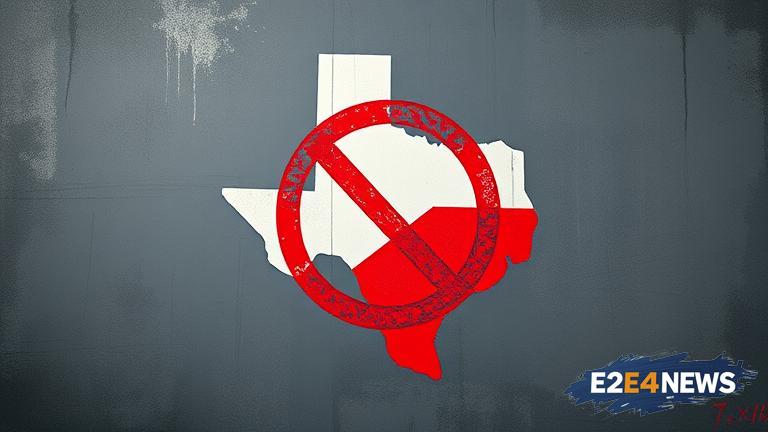Texas Governor Greg Abbott has signed a bill into law that restricts social media censorship, allowing users to sue platforms for unfair removal of content. The bill, which was passed by the Texas Legislature, aims to prevent social media companies from censoring users based on their viewpoint or perspective. The law applies to social media platforms with more than 50 million monthly active users, and it prohibits them from removing content or suspending users without a valid reason. Users who believe they have been unfairly censored can now sue the social media platform for damages. The bill also requires social media platforms to disclose their content moderation policies and to provide users with a clear explanation of why their content was removed. Social media companies will also be required to provide users with an appeals process to dispute the removal of their content. The law has been praised by free speech advocates, who argue that it will help to protect users from unfair censorship. However, some critics have argued that the law could have unintended consequences, such as allowing hate speech or misinformation to spread on social media platforms. The law has also raised concerns about the potential impact on social media companies, which may be forced to change their content moderation policies in order to comply with the new law. Despite these concerns, the law has been hailed as a major victory for free speech advocates, who argue that it will help to promote a more open and diverse online environment. The law is set to go into effect on September 1, and it will apply to all social media platforms that operate in Texas. The bill was sponsored by Republican Senator Bryan Hughes, who argued that it was necessary to protect the free speech rights of Texans. Hughes stated that the bill was designed to prevent social media companies from acting as ‘the arbiters of what is true and what is not’. The law has been praised by conservative groups, who argue that it will help to prevent social media companies from censoring conservative viewpoints. However, some liberal groups have criticized the law, arguing that it could be used to spread misinformation or hate speech. The law has also raised concerns about the potential impact on the First Amendment, which protects the right to free speech. Despite these concerns, the law has been hailed as a major victory for free speech advocates, who argue that it will help to promote a more open and diverse online environment. The law is set to be closely watched by other states, which may consider similar legislation in the future.
